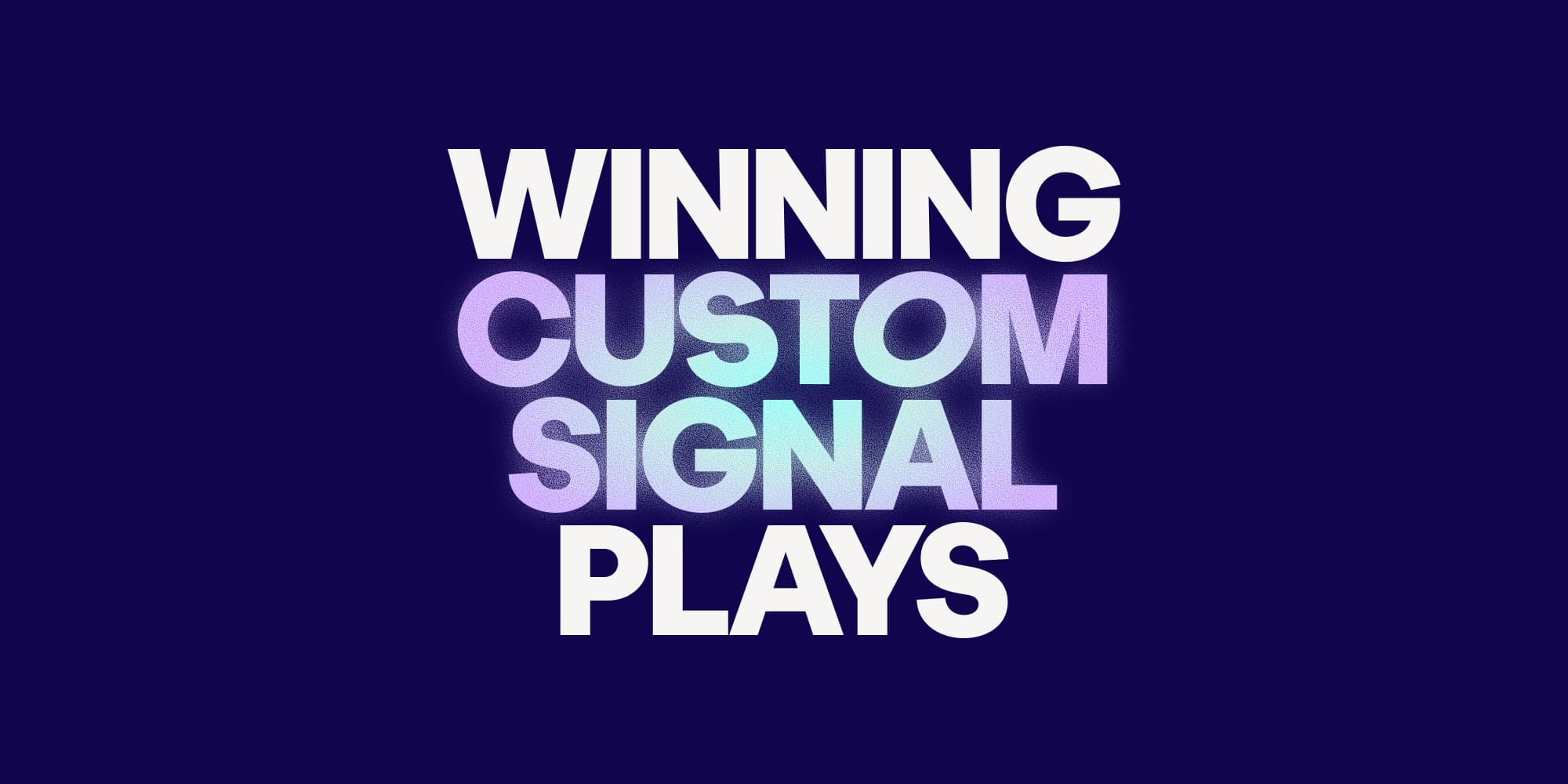Book summary: Little Red Book of Selling
•
October 19, 2022
.jpg)
Author: Jeffrey Gitomer’s
Average Customer Review: ⭐️⭐️⭐️⭐️ (241 ratings on Amazon)
Category: Sales
Time to read book: 4 hrs
"Little Red Book of Selling" - summary
The mindset of a salesperson is the difference between success and mediocrity. A lot of salespeople are concerned with quotas and quick wins. However, the trick is to frame sales as a marathon, not a sprint.
Every sale should be long-term, relationship-driven, and referral oriented. Unethical practices like deception and ignoring boundaries tarnishes the reputation of all other honest salespeople.
The difference between successful and unsuccessful salespeople is the distinction between trying to sell what you have and creating an environment where a prospect can buy your solution.
About the author: Jeffrey Gitomer
Chief Executive Salesman
Jeffrey Gitomer, also known as "The King Of Sales" is an American speaker, successful salesman and also the author of The Sales Bible, now in its 18th printing, and Customer Satisfaction Is Worthless - Customer Loyalty Is Priceless.
Jeffrey's books have sold more than 500,000 copies worldwide and today he tours to share his knowledge with others around the globe.
The 12 red principles of sales greatness
Jeffrey believes that sales are more than selling a pitch. It’s a craft that doesn’t stop once your 9-5 ends and requires constant learning.
1. Kick your own a$$.It’s very easy to create excuses when results don't come through.
Instead of complaining about the quality of the leads, or other typical excuses salespeople give, like anything else in life, it’s wise to stop and do some introspection. What can you improve, what are you not willing to do that is jeopardizing your results? By always being critical of your performance, you are making sure you don’t stagnate. Like other fields, sales require constant learning, and there is always something we can do differently.
2. Prepare to win, or lose to someone who is.
A key component of a good first impression is how well you are prepared. How much time did you spend learning about the client and their company? Taking the time to know who you are speaking to and finding common ground (or pain points) before even speaking with the client for the first time shows effort and reflects how competent you are.
Clients will respect you for the time you took to learn more about them, and if they respect you, there is a big chance they will like you. All of us buy from people we like, and if you are not making an effort to show you care, someone else will.
3. Personal branding IS sales: It's not who you know, it's who knows you.
You are more likely to buy from someone that a friend of yours recommends or knows. The reality is that the more people know about you and how good of a service you provide, the more they are willing to share and refer you to a friend. This also applies if you can add value to every single interaction you have with clients. Giving value first is a way to show you are trustworthy and serious about what you do.
It's all about value, it's all about relationships, and it's not all about price.
The more value you add to your clients, the more you build that relationship and go beyond the product you are selling and your end-of-the-month quota, and the best you will become in what you do.
Story time!
Disclaimer: the story is mine, Francisca, not Jeffrey’s.
A friend of mine used to work at a well-known luxury hotel in Madrid. One afternoon, a client asked why the hotel charged so much for a
Coca-cola (the client worked for Coca-cola).
My friend answered that he was not just paying for the Coca-cola. He was paying for the 100-year-old gardenia tree, for the pianist in the grand piano, for the comfortable chairs and the white gloves and silver platter that served his Coca-cola.
After hearing this, the client ordered another Coca-cola.
We buy with emotions and justify with logic. If the person that you are talking to goes beyond a simple demo or description of features and builds trust, then you just created something beyond, you just started a relationship.
4. It's NOT working, it's NETworking. Once again, sales don’t stop when your 9-5 does. Every opportunity you have to network, to give a talk where you are making yourself known, can bring more prospects than any cold call. Allowing people to see you, and get to know you as a person and not just a person who wants to sell them things, will make a huge difference.
5. If you can't get in front of the real decision-maker, you gotta try harder.
One of the crucial things once you are speaking with a potential buyer is to understand what happens after that conversation. If they need to validate this with someone else, then you are not speaking with the decision-maker.
If possible, always try to offer yourself to present this in conjunction with the person you first spoke with to the decision maker. No one can sell internally the product like you can, and often times information gets lost between endless threads of emails.
6. Engage me and you can make me convince myself.
If you are at a family dinner and that one family member proceeds with an extensive monologue about something you (and most family members) don’t care about, it’s almost guaranteed that no one will remember or care about what is being said.
The same applies if it’s only you doing all the talking during a meeting with a client. The more questions you ask (especially not generic questions) and make them think before they answer you, the more you will engage them.
Once again, if you ask smart questions, it shows you did your research and you will keep the client engaged in an actual conversation instead of you listening to yourself doing a sales pitch.
7. If you can make them laugh, you can make them buy!
A great way to engage with clients is to bring humor to the table. You must be able to read the room and understand if there is space for this level of engagement. If there is, there is no better way to start a good conversation. Remember, if they like you, you have a better chance of them buying from you.
8. Use CREATIVITY to differentiate and dominate.
These days, we know that if you use the same template and speech that was used 10 years ago, NO ONE WILL EVEN CARE to start a conversation with you. We live in a day and age where we are constantly being bombarded with communication from different platforms.
To stand out from the crowd, you must see where and how you can innovate. If you don’t feel you are a creative person, train yourself with hobbies that push you to think and see things from a different perspective.
9. Reduce their risk and you'll convert selling into buying. At the end of the day, clients want answers and a solution to their problems. As Jeffrey writes: “The biggest barrier to a sale is the unspoken risk that a prospect perceives. Every time you say a word or take an action in the selling process, the prospect is judging either your product or service.”
It’s your job to make it transparent the risk of buying vs. the reward. What is the need vs. what is value? The better the sales questions you make to uncover this, the more attuned you and your client are going to be.
10. When you say it about yourself, it's bragging. When someone else says it about you, it's proof.
Be so good that your existing clients spread the word about the service you provide. Remember, it’s not just about the product but the white glove experience you provide.
What makes the world appreciate luxury? The level of detail, the quality of the product, and how unforgettable the experience was to acquiring a specific product or service. One thing is you saying that you are the best salesperson of all time, another is having your clients speak for you.
11. Antennas up! There are two types of salespeople:
- The ones that are always paying attention to where they can find potential new business, almost like an extrasensory-perception.
- The people that wait for the potential clients to go to them (which is fine if you have a very rich network, but still something to avoid.)
The more aware and “out there” you are, the more potential new business opportunities you will be able to spot. The idea is to do sales forever and keep looking into how the market is shifting and changing.
12. Resign your position as general manager of the universe. The best approach to sales (or any field) is to always assume you know nothing. Maintain a student mindset and to continuing to push the boundaries of what you are doing or how you think you should be doing things.
Improving your sales skills, learning about sales, and working on your approach it's a neverending journey. However, there's one thing you can be sure about: what worked 5 years ago, doesn't cut it anymore.
And remember, winning over your prospect is only the beginning of the story! You can build stronger, lasting relationships by understanding what makes good customer engagement and delivering top experiences for your buyers.
Amplemarket is designed to perfectly fit your sales strategy from A to Z and open up even more possibilities to scale up. All you need in one place to grow your sales.
Learn more about Amplemarket here.
Subscribe to Amplemarket Blog
Sales tips, email resources, marketing content, and more.




.jpg)





